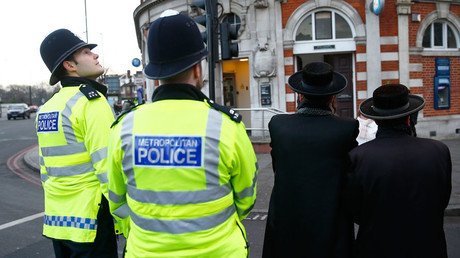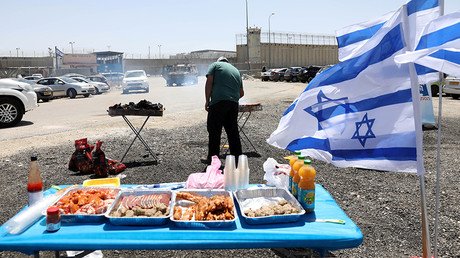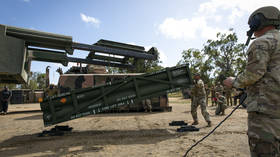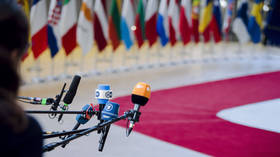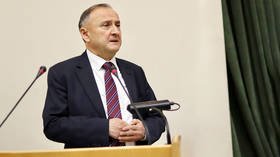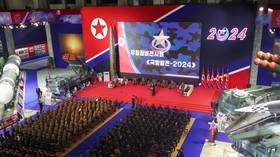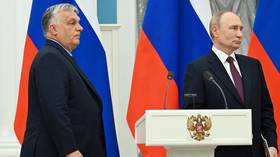'Deliberate provocation': Israeli ambassador's invite to liberal London university sparks outrage
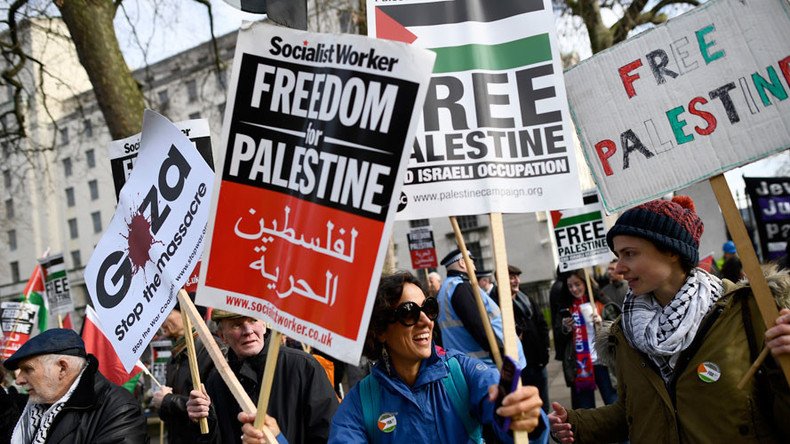
Students and academics at SOAS University of London (School of Oriental and African Studies) are protesting against a visit this week by Israeli Ambassador Mark Regev amid concerns it may cause distress between opposing factions on campus.
Regev has been invited by the university’s Jewish and United Nations societies for an event on Thursday, with plans for him to speak about the situation in the Middle East and discuss possible peace solutions.
Hundreds from SOAS and across the UK, however, have condemned the invitation as they fear Regev’s arguments will cause harm to those who have been or could be affected by Israel’s policies in the region.
A letter urging SOAS Director Valerie Amos to scrap plans for the visit said: “We fear that if this provocative event proceeds as planned, it will cause substantial distress and harm to many of our students and staff who are, have been or will be affected by the actions of what a recent UN report refers to as the Israeli ‘apartheid regime.’
“The event could further cause serious tension on campus and result in a charged atmosphere that will be detrimental to the wellbeing of all faculty, staff and students.”
Professor Jonathan Rosenhead, who helped organize the protest letter to the university director, said: “Holding this meeting at SOAS, where staff and students have voted overwhelmingly in support of boycott, divestment and sanctions against Israel, and in support of Palestinian rights, seems like a deliberate provocation.”
The students’ union has challenged the decision to invite the ambassador, citing safety and security risks, as well as the “inability” of students and staff – particularly Palestinian students – to participate in the debate as it could impact their ability to enter Israel/Palestine.
The students’ union said in a Facebook statement: “We stand with the SOAS community in expressing our concern at Mark Regev’s presence on campus, and in rejecting the idea that our spaces of learning should serve as avenues for officials to put forward state propaganda.”
A SOAS spokesman said the university is committed to freedom of debate, regardless of public concerns and government pressure.
“We support the right of SOAS student societies to invite speakers and host debates on contentious and difficult issues.
“What we do not do is thereby endorse or support the views being expressed.
“We pride ourselves on our diversity and we know that this will sometimes create tensions and disagreements,” the spokesman said, according to the Guardian.
SOAS, as one of the leading universities in the world on Middle Eastern, African and Asian studies, has often participated in the Israel-Palestine debate, leading the minority of Jewish students to complain about feeling uncomfortable on campus and having their freedom of expression inhibited.
“We are pleased to see the Israeli ambassador’s address to SOAS J-Soc [Jewish Society] and UN Society will be going ahead, despite insidious attempts to shut the event down,” a spokeswoman for the Union of Jewish students said.
“It is important that Jewish students are able to host guests with diverse opinions on their campuses without being intimidated, in order to have informed and engaged conversations about Israel and Palestine,” she said.
